The islands of Bilangbilangan and Batasan in Bohol, threatened by climate change and rising sea levels, have taken a significant step toward resilience. With the support of local government units and Greenpeace, the communities installed solar panels and charging stations, marking a milestone in their transition from fossil fuel dependence.
Bohol, one of the hardest-hit provinces during Super Typhoon Odette in 2021, suffered over ₱41.6 billion in damages. Months of power outages crippled essential services, leaving residents vulnerable. Three years later, intermittent electricity remains a challenge for these isolated islands, which are often at the mercy of extreme weather events.

[photo credit: Greenpeace]
The newly installed solar charging stations, with a capacity of 2.8KW, are designed to provide power during critical situations. They can charge communication devices, operate water pumps, run water filtration systems, and refrigerate food and medicine during emergencies.
“During storms or disasters, solar power would be a great help,” said Anabelle Canete, Barangay Captain of Batasan Island. “We would have no electricity after a typhoon, but these solar charging stations can be used at any time.”
Beyond disaster response, the solar panels will supplement daily energy needs for barangay halls and nearby schools, powering fans, lights, and media equipment. For residents like Dante Ciros, Barangay Captain of Bilangbilangan, solar energy also offers economic relief.
“Solar actually helps make our daily expenses more manageable,” Ciros shared. “It’s better, cheaper than diesel, and doesn’t pollute. We need energy for fishing and lights. It would be great if similar programs were implemented in other communities.”
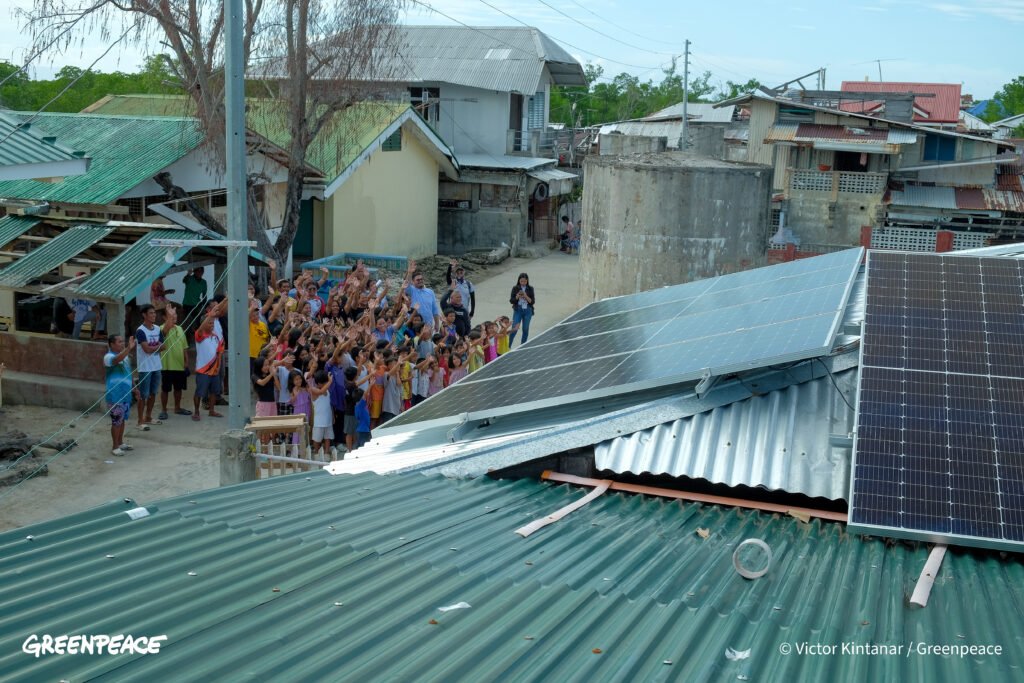
[photo credit: Greenpeace]
Residents of the islands are no strangers to the impacts of climate change. Rising seas and intensifying tropical cyclones have left their communities vulnerable, yet fossil fuel companies continue to exacerbate these challenges.
“We see people suffering all the time, especially in small communities,” said Ciros. “Big businesses don’t care about us. What they do to the environment always comes back to us.”
Advocating for Systemic Change
The initiative in Bilangbilangan and Batasan reflects a broader call for climate justice. Greenpeace Campaigner Khevin Yu emphasized the need for national and global action.
“The Philippines, as one of the most vulnerable nations to the climate crisis, must lead the charge in phasing out fossil fuels,” Yu said. “The Climate Justice Agenda must hold major polluters accountable while ensuring a just energy transition at home.”
Yu also urged legislative action, particularly through the proposed Climate Accountability (CLIMA) Law, which would enforce fossil fuel accountability and support renewable energy initiatives.
“The IPCC’s 6th Assessment Report is clear: there is no room for new fossil fuel infrastructure,” Yu stressed. “We need a rapid phaseout to avert the worst impacts of the climate crisis and secure the survival of communities.”
A Model of Courage
The residents of Bilangbilangan and Batasan have chosen renewable energy not just as a necessity but as a symbol of resilience and hope. Their decision sets an example for other vulnerable communities and underscores the need for systemic action.
“The current administration must match this courage,” Yu concluded. “Enacting the CLIMA Law and accelerating the Philippines’ energy transition will ensure the survival and prosperity of future generations.”
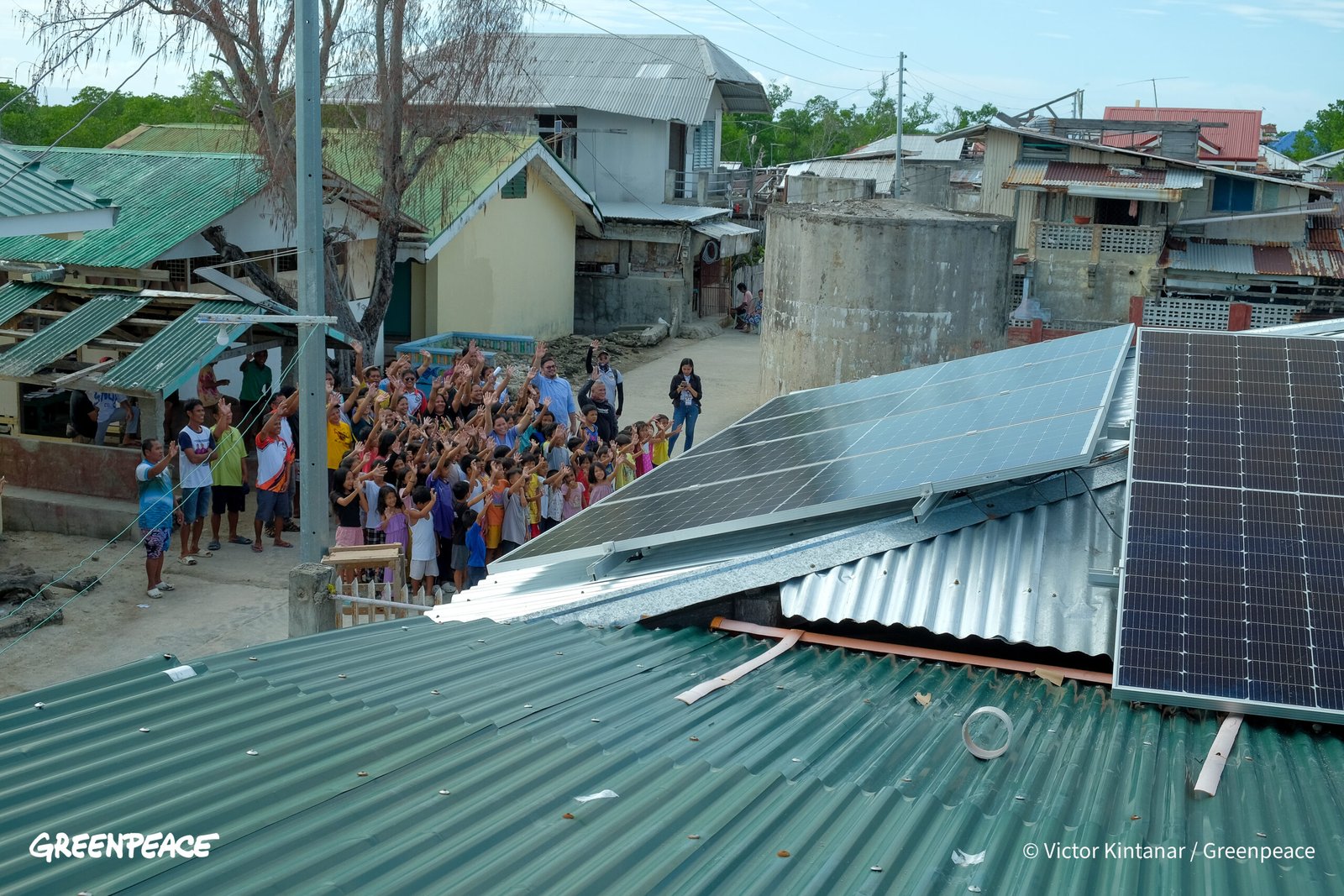
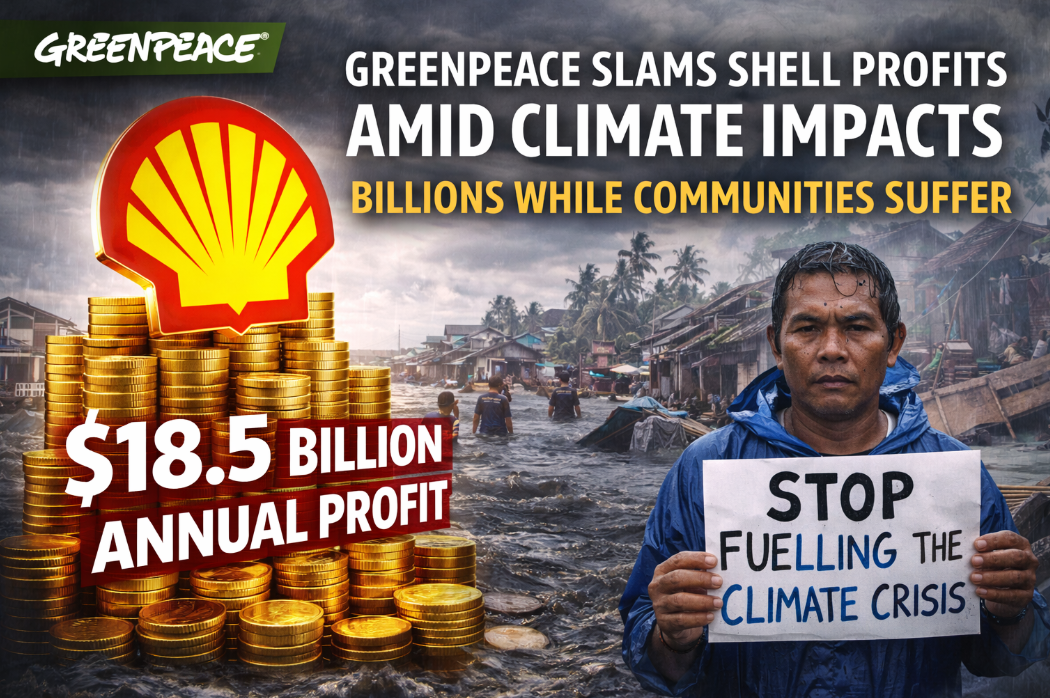

![Greenpeace calls for accountability as Filipinos rebuild after Uwan’s devastation. [photo credit: Jilson Tiu | Greenpeace]](https://ecofriendlytip.com/wp-content/uploads/2025/11/JTIU7946-scaled.jpg)

![Climate activists demand accountability from major fossil fuel companies. [photo credit: Ivan Joeseff Guiwanon | Greenpeace]](https://ecofriendlytip.com/wp-content/uploads/2025/10/Island-008-scaled.jpg)
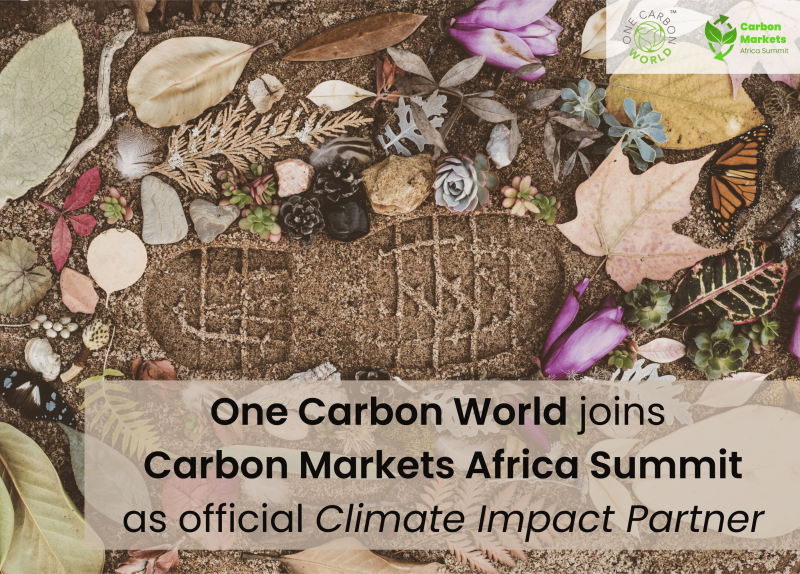
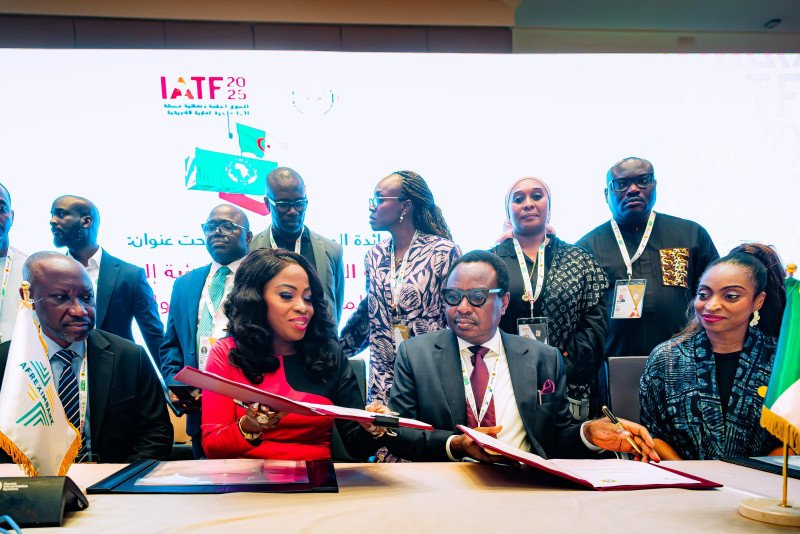
![Flooded streets in the Philippines illustrate the urgent need for effective climate adaptation projects. [photo credit: Noel Celis | Greenpeace]](https://ecofriendlytip.com/wp-content/uploads/2025/09/GP0SU6A0V.jpg)
![Greenpeace banners calling for climate justice [photo credit: Noel Celis | Greenpeace]](https://ecofriendlytip.com/wp-content/uploads/2025/07/NC0012-scaled.jpg)
![The ICJ just gave us a new weapon in the fight for climate justice. Will Marcos act? [photo credit: Noel Celis | Greenpeace]](https://ecofriendlytip.com/wp-content/uploads/2025/07/NC00019-scaled.jpg)

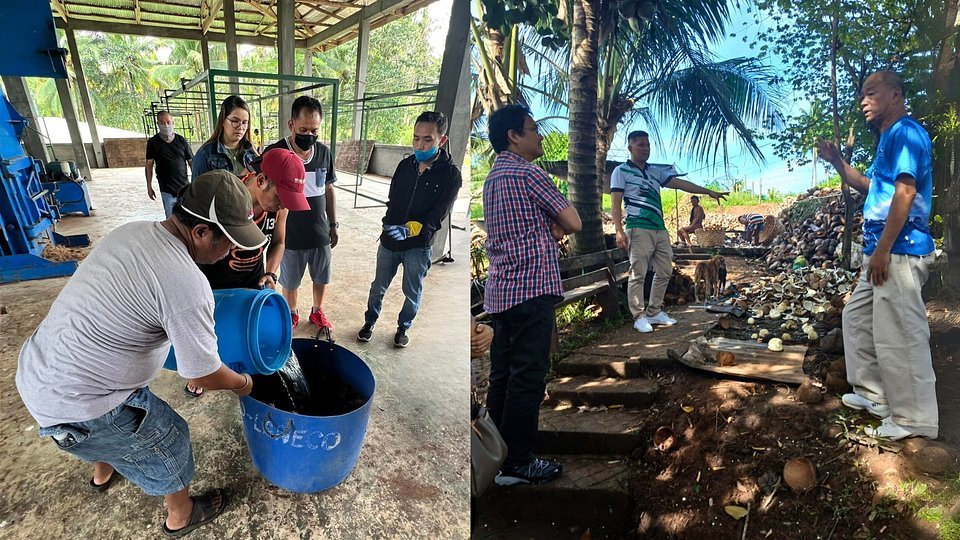


Leave a Reply